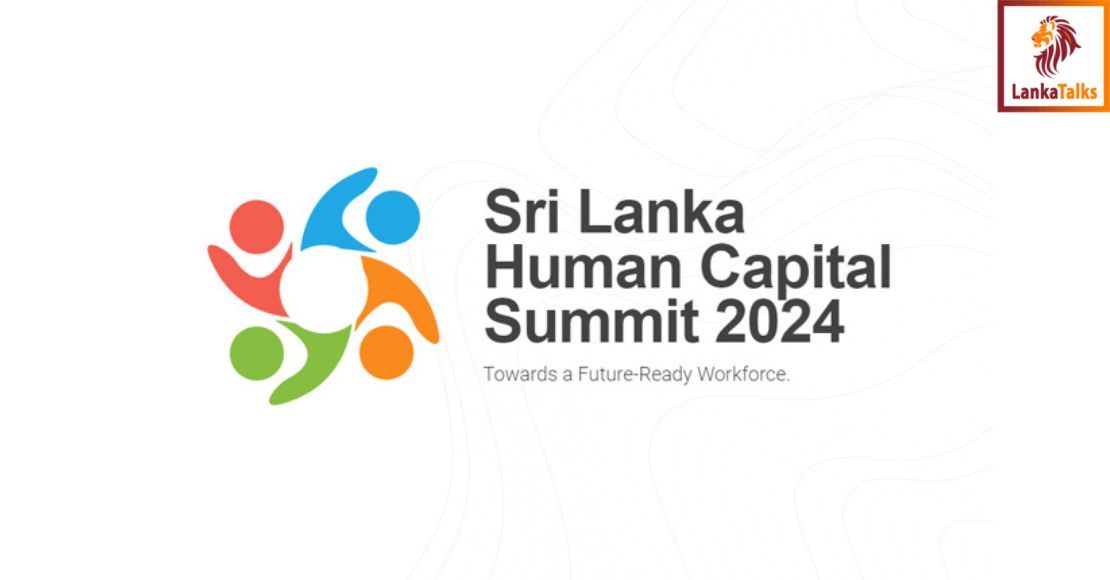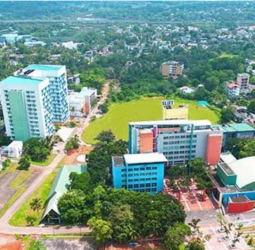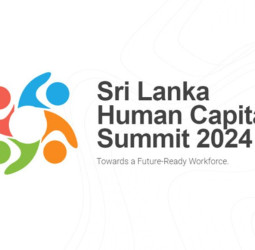The leadership panel which met after the conclusion of the Sri Lanka Human Capital Summit (SLHCS 2024) emphasized the need for an overhaul of the education system to focus on practical skills, continuous skill development, and strategic talent retention.
The leadership panel has identified Lanka’s growing startup ecosystem will present opportunities to better align talent with startup needs, improve talent retention, and expand access to investment. The summit highlighted the need to establish startup zones with tailored legal and infrastructure support and to invest in AI and tech education to build a robust digital ecosystem.
“Improving early-stage funding and incentives for startup founders, creating a Bureau of Repatriation to attract global talent, and advocating for supportive government policies are crucial for fostering innovation and entrepreneurship in Sri Lanka.”
Strong industry-academia links and increased female workforce participation were also highlighted as crucial for enhancing workforce diversity and inclusivity.
“These insights align with global human capital trends, which stress balancing productivity with human performance and addressing the imagination deficit in workforce development.”
Sri Lanka’s IT sector is on the verge of major growth but faces challenges such as brain drain, high salary expectations, and a disconnect between training programs and industry needs.
The summit advocated for a revamp of IT education, emphasizing curricula that align with industry requirements and offering flexible learning formats. Enhancing global talent recruitment through improved visa policies and living conditions is crucial.
Addressing the IT skills gap through partnerships between education institutions and industry, along with fostering a culture of continuous learning and adaptability, are critical for maintaining the sector’s competitive edge and driving digital transformation.
The summit identified the tourism sector as having significant growth potential, provided that workforce skill gaps are addressed and conditions for talent retention are improved.
Facilitating international knowledge transfer and focusing on career advancement are essential strategies for retaining skilled professionals and enhancing sector performance.
“The financial services sector is vital for economic stability but faces challenges related to talent competition, skills-based hiring, and promoting inclusive leadership. The summit recommended shifting towards skills-based recruitment and investing in AI-enhanced upskilling are seen as essential for aligning talent with industry needs. The public sector is essential for economic stability but faces challenges in optimizing workforce size, enhancing skills, and leveraging technology.
The summit stressed the need for a strategic workforce plan to optimize staffing and a revamp of the education system to emphasize STEM and entrepreneurship. Implementing performance management systems, advancing leadership and professional development, and adopting advanced digital tools are identified as key strategies for improving productivity and efficiency in the public sector.
“Implementing these recommendations will be essential for achieving long-term prosperity and stability for Sri Lanka.”



 Mifra
Mifra






